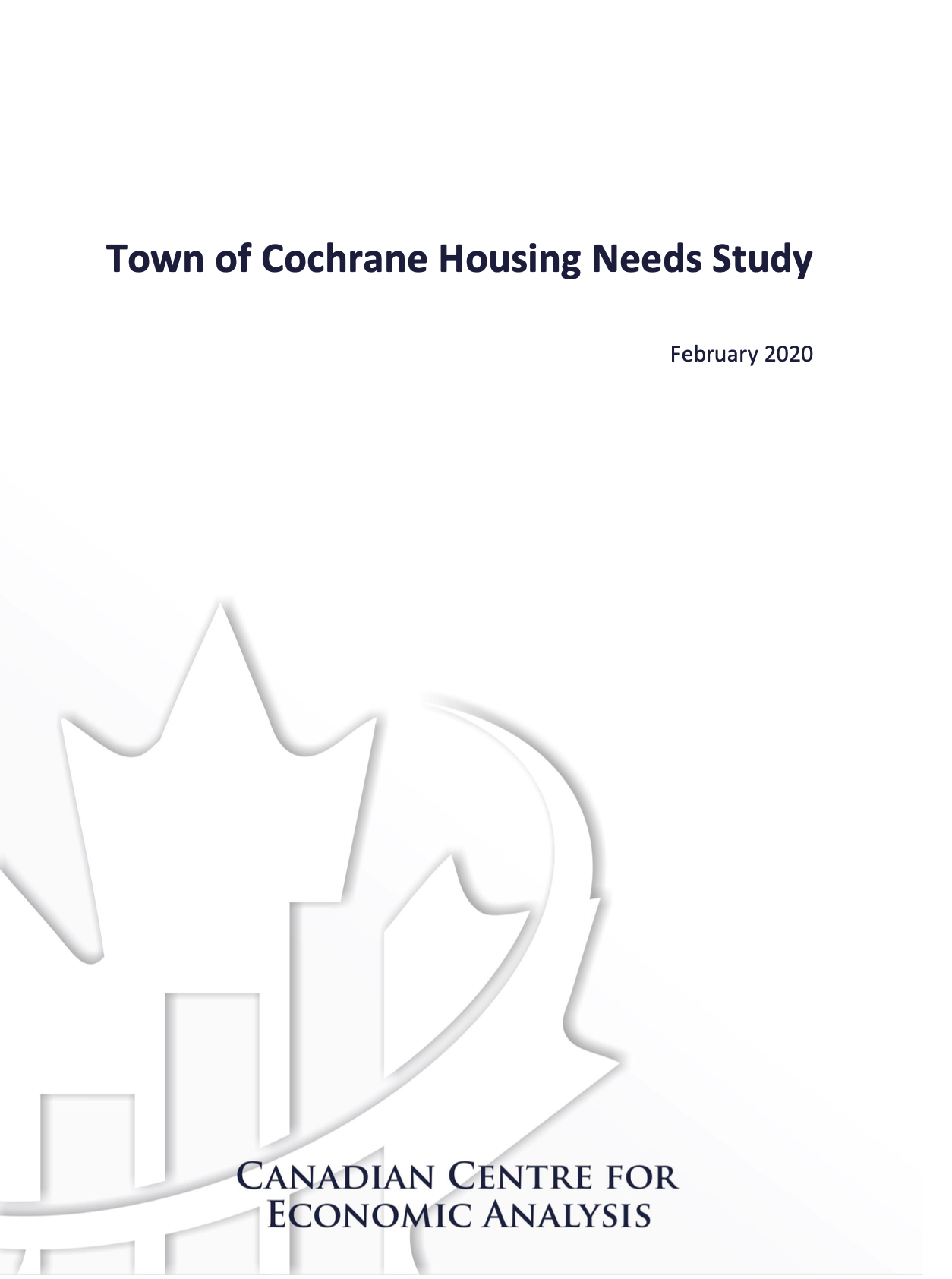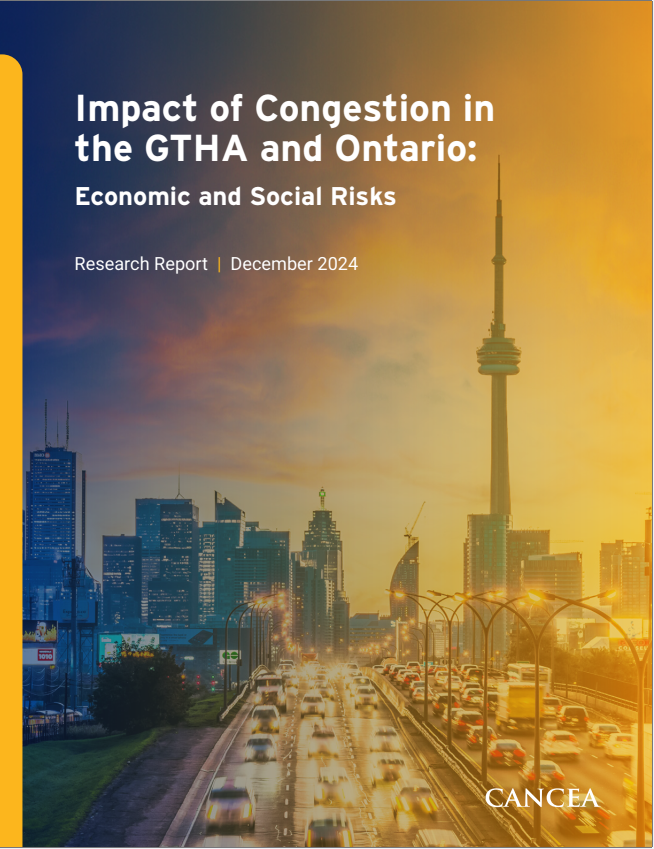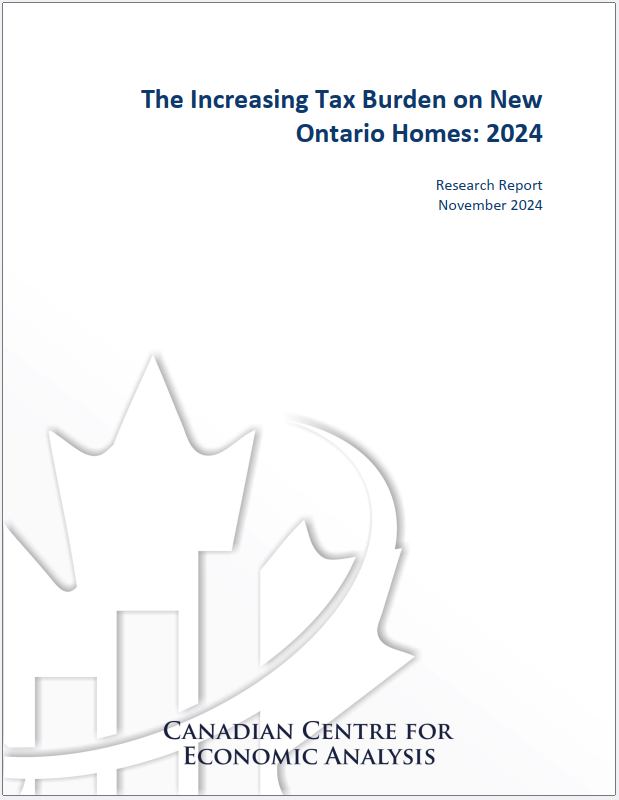The housing needs analysis in the Town of Cochrane reveals that the current housing stock is not sufficiently diversified to meet changing household needs. As of 2016, the town’s population was 5,330 people, representing a 6.7% decrease from 2001. The population is aging, with households becoming smaller and predominantly consisting of one or two people.
Employment in the retail trade, health care, and construction sectors is significant in Cochrane. Retail trade employs 12% of the population, which tends to have lower incomes compared to other industries. The town’s housing stock primarily comprises single-detached homes (67%) and has an aging infrastructure, with two-thirds of the housing built before 1980.
Housing affordability is a significant concern in Cochrane. In 2016, 429 households (20% of the population) faced affordability challenges, with 29% of the population having a total household income below $40,000. To address this, there is a need to increase the supply of affordable bachelor, one- and two-bedroom units. Additionally, the town should improve the condition of existing housing and create affordable options for homeownership.
In terms of homelessness, a homelessness survey conducted in 2018 reported 56 homeless individuals and an additional 148 households at risk of homelessness in Cochrane. It is noteworthy that half of the survey respondents identifying as indigenous, which is a higher proportion compared to the overall indigenous population in the town (one-fifth).
To meet future housing needs, the Town of Cochrane should focus on diversifying its housing stock, increasing affordable housing options, and addressing the specific needs of low-income single-person households, senior households, and indigenous populations. This can be achieved through regulatory measures, financial incentives, and partnerships with local and regional stakeholders.











